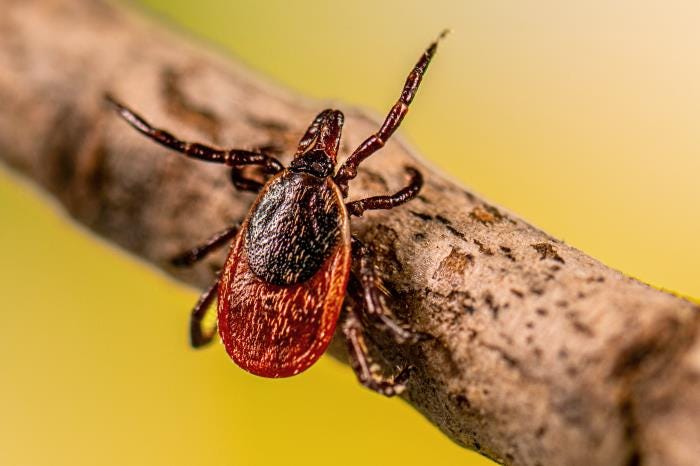Rhode Island state health officials have reported a confirmed case of the tick-borne Powassan virus disease in a state resident.
The individual is a male in his 70s who lives in Kent County. He began experiencing symptoms of Powassan in late January. He is recovering at home.
Powassan virus: An interview with Dr Durland Fish
Powassan is a tick-borne disease that is found mostly in the Northeast and the Great Lakes region of the U.S. and in eastern Canada. Over 269 cases of Powassan have been reported in the United States in the past 10 years (2014-2023). Powassan cases are rare, but the reported number of cases has increased in recent years. In 2023, there were 25 cases of Powassan reported in New England: 10 cases in Massachusetts, five cases in Connecticut, five cases in Maine, three cases in New Hampshire, one case in Vermont, and one case in Rhode Island.
Initial symptoms of Powassan include fever, headache, vomiting, and generalized weakness. The disease usually progresses to meningoencephalitis, which may include meningeal signs, altered mental status, seizures, aphasia (difficulty understanding or speaking), paresis (muscular weakness or paralysis), movement disorders, or cranial nerve palsies. People with severe Powassan disease often need to be hospitalized.
The CDC reports approximately 1 out of 10 people with severe disease die.
There is no vaccine or treatment for Powassan, so preventing exposure to ticks is the best strategy to avoid this disease.





